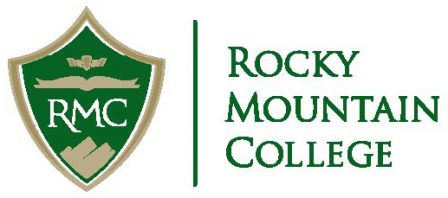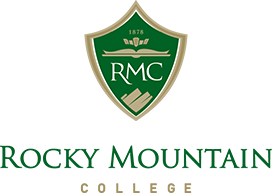Attire & Etiquette
October 14, 2022 2024-02-16 16:50Professional Attire
You never get a second chance to make a first impression. Your attire matters in all professional interactions such as networking events, career fairs, interviews, and on the job.
Suits or coordinated jackets and slacks or skirts are still the clothing of choice for interviews, formal networking, dinners or organizational events. Some workplaces have more formal dress codes or expectations, while others may accept "business casual" as the norm. If you are unsure, it is better to overdress for your first meeting, interview, or day on the job, than be too casual. In any workplace, consider modest shirts, sweaters, pants, and skirts. Erring on the conservative side is the wise choice. This goes with jewelry and personal hygiene and grooming as well. You don't want your clothing, jewelry, or other accessories, hairstyle, or perfume/cologne to distract the interviewer.
Etiquette
Polite and respectful behavior is expected in any professional setting. That said, every culture and country has its own set of expectations, and even regional considerations with the U.S. No matter where you live, etiquette matters to everyone and if you interact professionally, respectfully, and appropriately with all of your colleagues, you will succeed.
Make sure your email address and phone voice mail message are professional and appropriate.
Phone Etiquette
- Make sure your voicemail is set up and has a professional outgoing message.
- Speak slowly and clearly.
- When asking for someone, use their full name and department.
- When leaving a message, include your name, phone number, reason for calling, and repeat your phone number at the end of the message.
- If you are transferred, thank the answerer for his/her assistance.
Cell Phone Use
- When interacting with others in a meeting, class, meal, or conversation, turn your phone to silent or vibrate. Allow non-emergency calls to go to voicemail. Do not answer your phone while interacting with other people.
- In a public setting, do not disrupt others with your phone conversation. Do not discuss your company business, projects, deals, or share comments about your colleagues while in public settings such as restaurants, elevators, or public transportation.
- Do not text while in meetings, class, or other professional interactions.
Email Etiquette
Email is an accepted and expected mode of communication in the work world today. Keep in mind the ease of sending such messages and once it leaves your inbox you no longer control it. Don't write an email that you would not want to be seen by others than the intended recipient. Make sure you are using an email address that is professional.
Email is professional communication and should follow the same guidelines as other written material.
- Use proper spelling, grammar, and punctuation. No text shorthand, emoticons, or other shortcuts.
- Answer emails in a timely fashion.
- Do not attach unnecessary files.
- Do not overuse high priority options.
- Do not use email to discuss confidential information.
- Avoid writing in all caps.
- Read the email for errors and content before you hit send.
- Be careful about formatting that may not translate properly through email.
- Do not forward chain letters or hoaxes.
- Do not copy a message or attachment without permission.
- Use cc: field and reply all sparingly and appropriately.
Contact
Career Services
Bair Family Student Center 116


